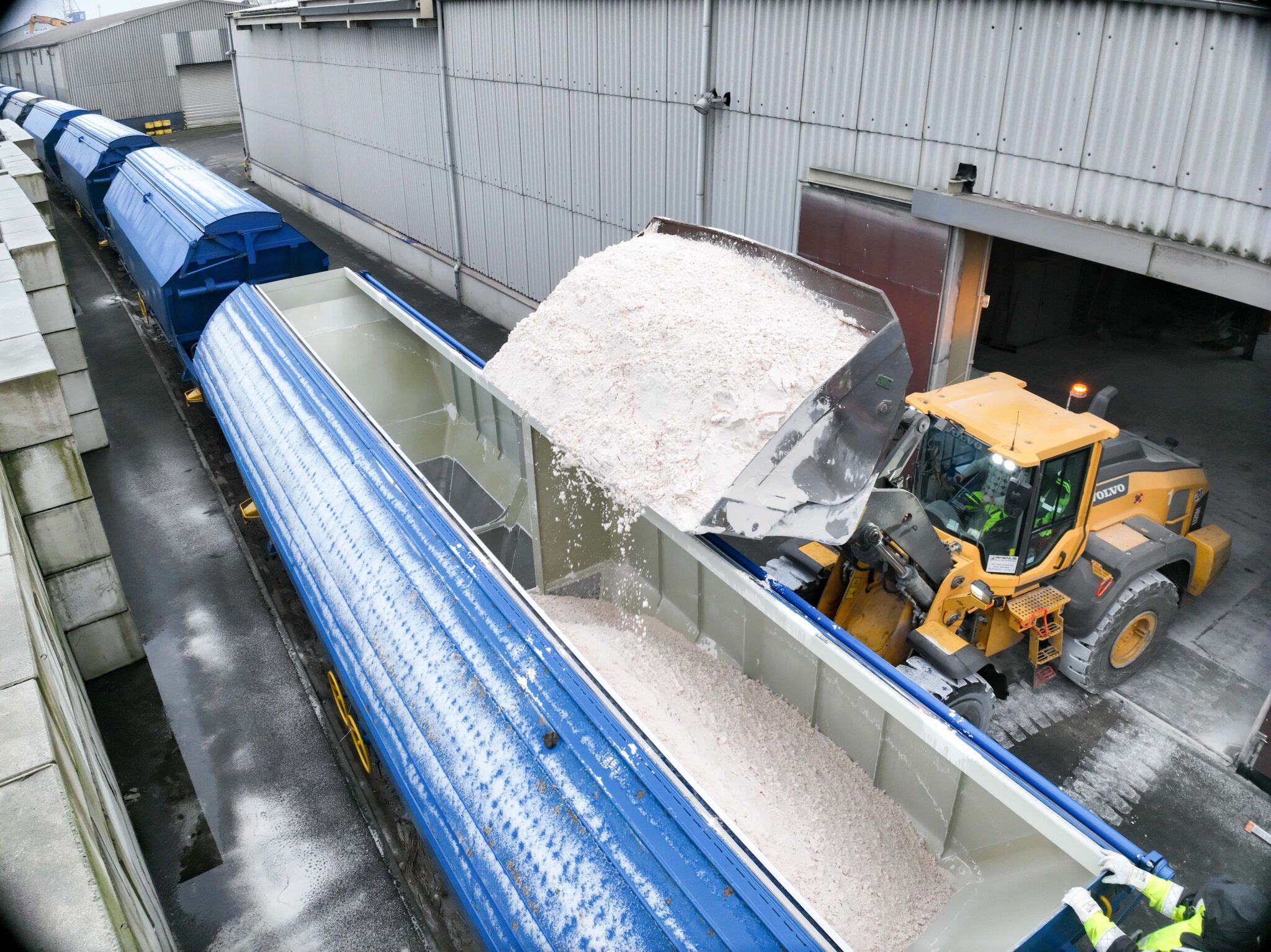Clarion Partners Europe, the real estate investment fund manager specialising in logistics and industrial assets, announces that it has held the final closing of its core-plus, closed-end UK logistics fund (“Fund”). Exceeding its capital-raising target, equity commitments totaling £427 million have been secured from a mix of European, North American, and Asian institutions, including investors in Clarion Partner Europe’s previous pan-European logistics strategies. The Fund, with gearing, will provide c. £650 million of investable capital and is now closed to new investors.
The Fund is Clarion Partners Europe’s first to solely focus on the UK, a market it recently re-entered following a seven-year break. It will target a portfolio of high-quality, ESG-compliant logistics assets underpinned by strong rental growth fundamentals in established UK logistics hubs. With the flexibility to invest across the asset class, from last mile logistics to big box single tenant warehouses, the Fund will target both best-in-class assets whilst also seeking to create value through investing in underperforming assets and selective development opportunities.
The Fund will leverage Clarion Partners Europe’s management’s 24-year investment and asset management history, which includes over £3 billion of logistics asset transactions across the UK and Europe, as well as the broader expertise of Clarion Partners, which has a 40-year track record in real estate investment management and a $45 billion, 1000+ property global industrial portfolio.
Alistair Calvert, CEO of Clarion Partners Europe, commented: “This is an opportune time to be scaling up in the UK, a market with strong long-term property fundamentals and where we have deep experience, and which is witnessing a pricing adjustment the likes of which hasn’t been seen in at least the last 30 years. We focus on delivering strong investor returns by identifying the industrial sector’s evolving trends and tailoring our strategy accordingly. Having amassed a portfolio of highly sustainable product that meets the demand of today’s occupier on the Continent, we are convinced we have the local, on-the-ground origination and asset management expertise to replicate this in the UK.”
Rory Buck, Head of Investment at Clarion Partners Europe, added: “Significant rental growth in recent years means many existing properties have baked in reversion and lease rent review mechanics, which provides investors the ability to capture this regardless of lease length. Additionally, our specialisation in the industrial sector allows us to enhance certainty of execution to potential sellers which contributed to completing two transactions in the UK last year.”




